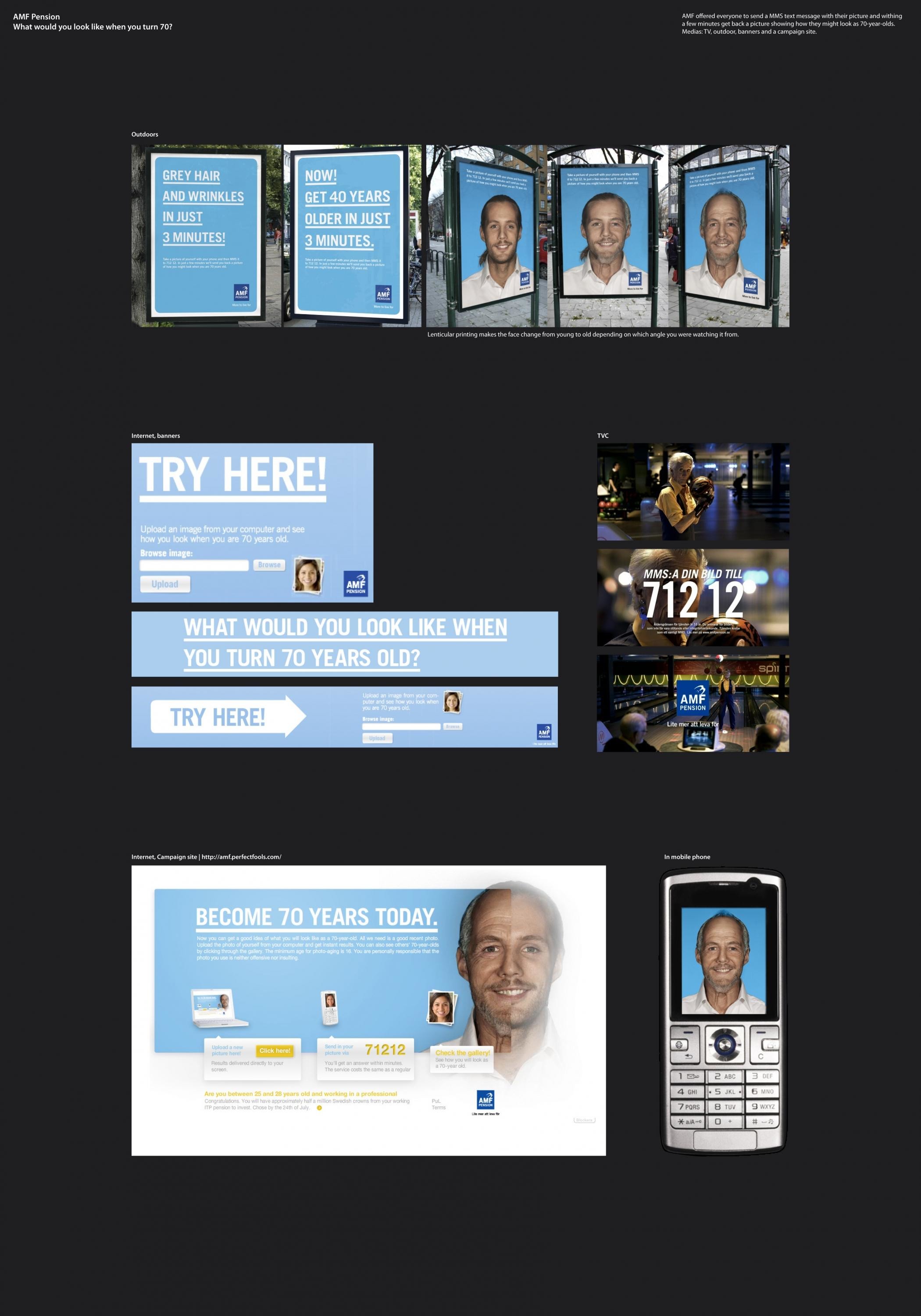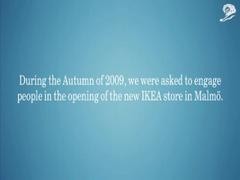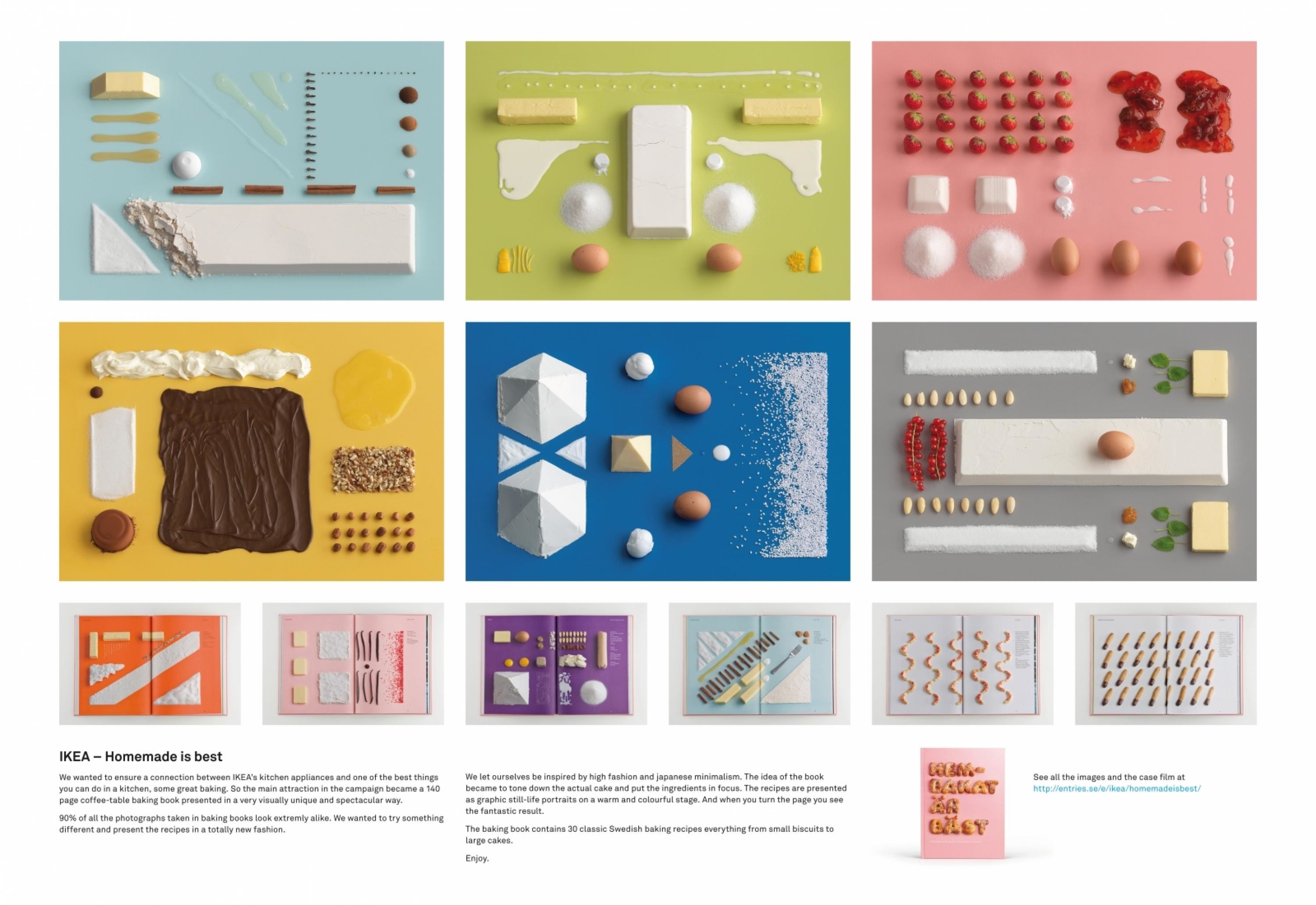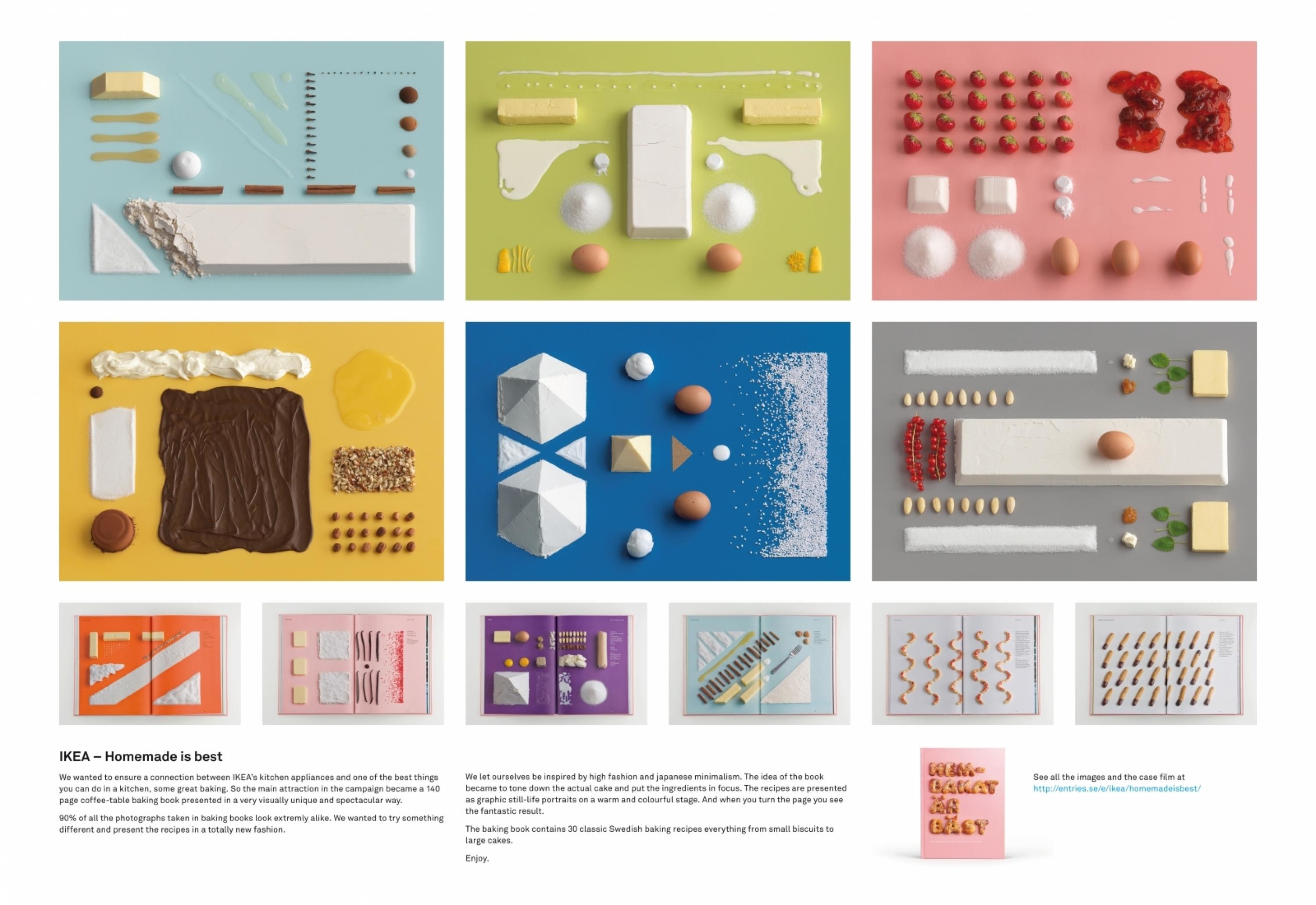PR > Culture & Context
THE E.V.A INITIATIVE
FORSMAN & BODENFORS, Gothenburg / VOLVO / 2021
Awards:

Overview
Credits
Overview
Why is this work relevant for PR?
The EVA Initiative contains a previously unseen transparency in the automotive industry, and launched with a globally-covered live streamed press event held at Volvo Cars HQ, combined with both targeted and broad PR outreaches. Sharing more than 40
years of safety research, Volvo Cars’ core USP, sparked a global conversation about gender equality in the auto industry - not by just addressing the issue, but by providing solutions. It made it to the cover of The Times and BBC’s morning television show, as well as hundreds of other media outlets. as the move is almost unheard of in today’s
Background
Brief: to transform automotive safety from something traditional and expected into a meaningful and relevant movement in line with Volvo’s purpose and brand strategy. In specific, the challenge was to celebrate the 60th anniversary of Volvo’s safety belt. There is a global equality problem in the auto industry. Women are 71% more likely to be injured, 71% more likely to be moderately injured and 17% more likely to die in a car crash. As a result, it also has major financial and psychological consequences for women.
Until now, no OEM (original equipment manufacturer) has brought up the issue and recognized the reports published by universities and institutes all around the globe. With the E.V.A. Initiative, we wanted to not just highlight this issue; we wanted to act. Rather than celebrating the anniversary, we saw bigger impact in choosing to focus on closing the gender gap.
Describe the creative idea
Volvo’s philosophy has always been to put safety of people before business. 60 years ago, they gave away their three-point safety belt patent. So, we thought: what if we could get Volvo to make cars safer for everyone, once again? And that’s exactly what we did. To make cars safer for women, we collected all of Volvo’s safety research and made it available to everyone. By creating a digital library with data from more than 43,000 collisions and 72,000 people, the research became open and free to any company to learn from. In other words, we now gave away Volvo Cars’ core USP. We then gave the numbers a face and showed how the injustice personally affects women in a global campaign with film, print, social, outdoor, and PR.
Describe the PR strategy
The challenge was to catch the attention of regular consumers around a complex subject. We had to make people understand the urgency, for them to understand the impact of our idea, yet in a simple way. Core hierarchy of messages was: 1 Create understanding of issue, 2 Prove Volvo’s authority in this field, 3 Volvo is giving away their best kept secret. Our audience for the idea was both the automotive industry and general public. We saw the public as the market to build scale, to drive the impact on industry, for them to take action. On the other hand, we needed credibility driven from acceptance in the automotive segment. We went for a high impact launch event, which would create credibility, supported by broad and niche outreach to a variety of media verticals – to also get attention in broadcast media. Finally, influencers were engaged to further online conversation.
Describe the PR execution
The idea launched at a live streamed summit hosted by Volvo Cars, together with selected trade and lifestyle media. The idea was kept secret, not teased up until launch. Media had 2 days embargo until campaign assets were posted organically. Then followed a mix of PR tools, such as centrally and locally media outreach with adapted messaging to different verticals, influencers and local market events. The campaign was supported by paid media to drive awareness and increase sense of impact. To engage people, we showed how the injustice affects women in a direct way. Getting attention was by by making it digital-first, yet supply it with DOOH/OOH to increase impact. Every campaign element directed to volvocars.com/EVA where one could learn how research has led to Volvo’s most innovative systems and download the research.
List the results
The campaign went global – sparking conversations across the world. The story was covered in hundreds of media outlets globally, even making it to morning TV shows all over, e.g. in the UK. The highest number of downloads came from China, where 100 new car brands see the light of day every year - this without the campaign even running in China. It also created a debate within the auto industry as other carmakers embraced the initiative, such as electric vehicle startup Uniti. After a couple of months, the European Commission picked up the campaign, and tweeted out their appraisal, for raising awareness around the inequality, and the fact that Volvo Cars is trying to eliminate it.
Volvo Cars Brand Share of Voice online exceeded Audi, Land Rover and Volkswagen in the period – all brands Volvo Cars usually falls behind. Additionally Volvo Cars saw a peak in positive sentiment online, increasing with 13.1% compared to previous reports. The highest number of engagements on social media was from the audience that was reached organically, showing a high resonance with the current user base. A number of non-industry media such as The Sunday Times, New York Times and WIRED. A wide variety of industry media also featured the campaign, even months after the campaign running.
Countries: +71
Campaign site visits first month: 850.000+
Downloads from library: 20.000+
Film views: 135.000.000+
+900 news outlets
Earned media reach: +500M
SoMe reach: +100M
SoMe impressions: +290M
Please tell us how the brand purpose inspired the work
The equality problem in the auto industry is global. Women are 47% more likely to be seriously injured, 71% more likely to be moderately injured and 17% more likely to die in a car crash. The reason? Most crash tests are based on men. This also has major financial and psychological consequences for women. And 93% of global road crash deaths occur in low/middle-income countries even though they only stand for 60% of fleet. Until now, no OEM has brought up the issue and recognized the reports published by universities and institutes all around the globe.
Although there are many news articles addressing the issue, there is still a long way to go. More than anything, it reveals an unpleasant truth about today’s culture and a society still built for men. Feminist writer Caroline Criado-Perez also recently highlighted the issue in a new book about data.
More Entries from Corporate Purpose & Social Responsibility in PR
24 items
More Entries from FORSMAN & BODENFORS
24 items
















